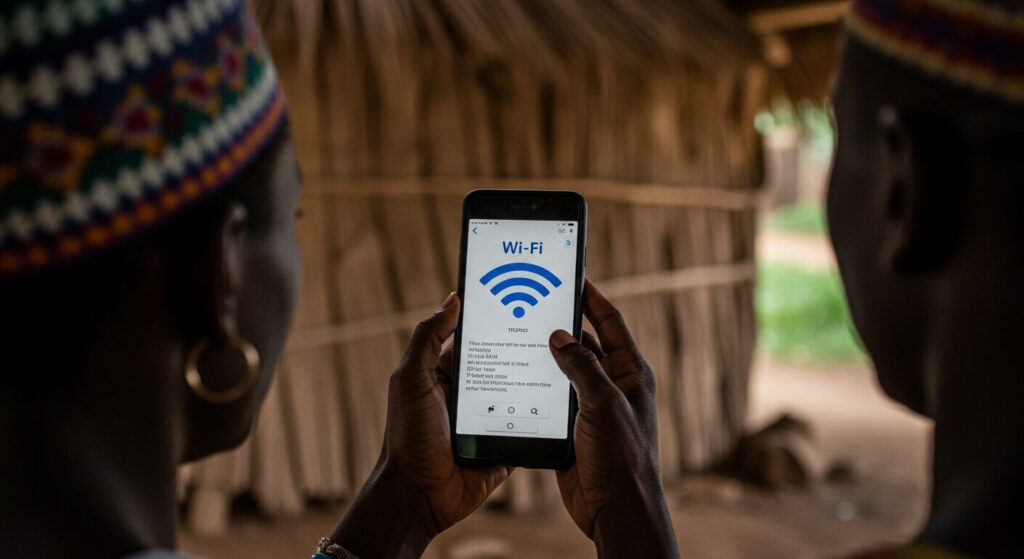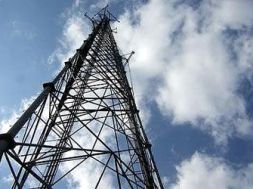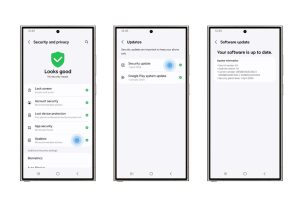More than 12,000 residents of Kura and Naira communities in Kano State have gained access to telecommunications services for the first time under a Federal Government pilot project targeting Nigeria’s connectivity gap, Dr. Bosun Tijani, Minister of Communications, Innovation and Digital Economy, says.
Speaking during the launch of the Digital Village Project in Kura, the Minister says the initiative is the first implementation phase of a national plan to connect over 20 million unserved Nigerians with telecommunications infrastructure.
“This community of over 12,000 people had no network at all,” Dr. Tijani says. “A lot of you guys, if you bring out your phone, you see that there’s no network on that phone. That’s the reality here and it’s costing the country significantly because a lot of these people can’t access financial services.”

“This community of over 12,000 people had no network at all,” Dr. Tijani says. “A lot of you guys, if you bring out your phone, you see that there’s no network on that phone. That’s the reality here and it’s costing the country significantly because a lot of these people can’t access financial services.”
Minister: Rural telecoms pilot in Kano backed by Huawei
The Digital Village in Kura is deployed in collaboration with Huawei Technologies, the Minister says, and represents the first test site following President Bola Ahmed Tinubu’s directive to expand nationwide connectivity coverage.
“What we’re doing here today is the first pilot of it,” he says. “So this community is the first pilot.”
According to the Minister, the rural connectivity project extends beyond mobile voice and data access. The infrastructure deployed also connects essential public institutions, including health and education facilities.
“We’re not just giving them access to be able to use their phone,” he says. “We’re using the same equipment to connect the hospital.”
A local health centre in Kura is now internet-enabled, with Huawei donating telemedicine equipment to support remote consultations between local staff and doctors in other parts of the country.
“There’s only two people who work here, but we just experienced now where the chief spoke to a doctor who’s based in Abuja via the equipment,” Dr. Tijani explains.
The initiative also connects the local school to enable remote learning, with a Lagos-based teacher expected to deliver science lessons to pupils in the village.
Free public Wi-Fi is activated as part of the programme, providing open access for all residents to connect to the internet.
“I’m connected to the community Wi-Fi,” Dr. Tijani says. “Anybody can connect to it, you can enjoy it, you can use it to access opportunities globally.”
A Huawei official at the launch says the Digital Village reflects the importance of putting people at the centre of technology deployment.
“A digital village is not just about technology, it’s about people. It’s about farmers assessing market prices on their farms,” the Huawei representative says.
Dr. Tijani says the pilot aligns with the broader national strategy to deploy up to 7,000 telecoms towers to bridge the digital divide across Nigeria.
“Where you live should not be the reason why you have access or not,” he adds.
The Kura pilot in Kano State, the Minister says, is expected to serve as a model for further rollouts targeting unconnected communities across the country under Nigeria’s digital inclusion framework.
Source of Article


